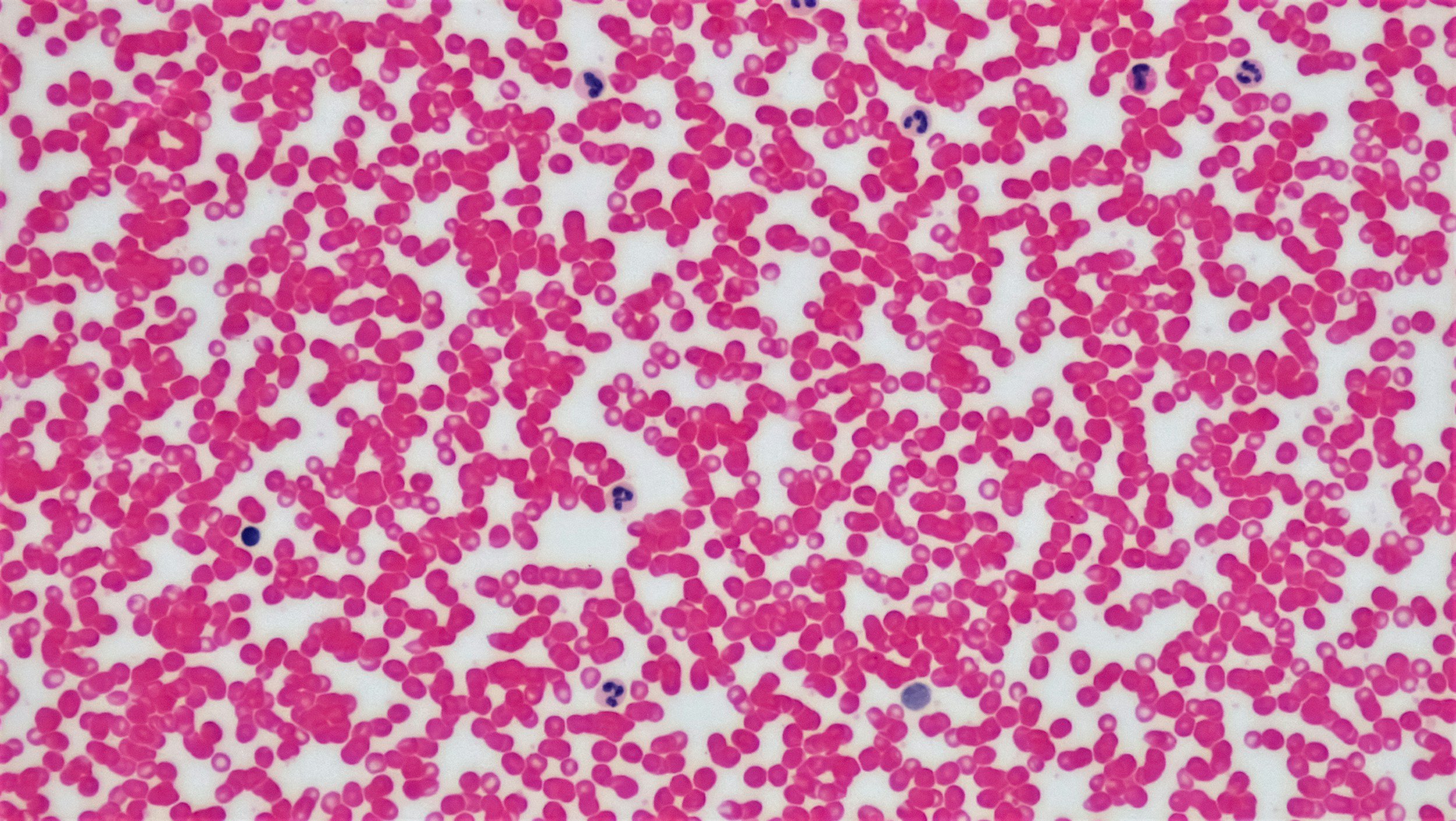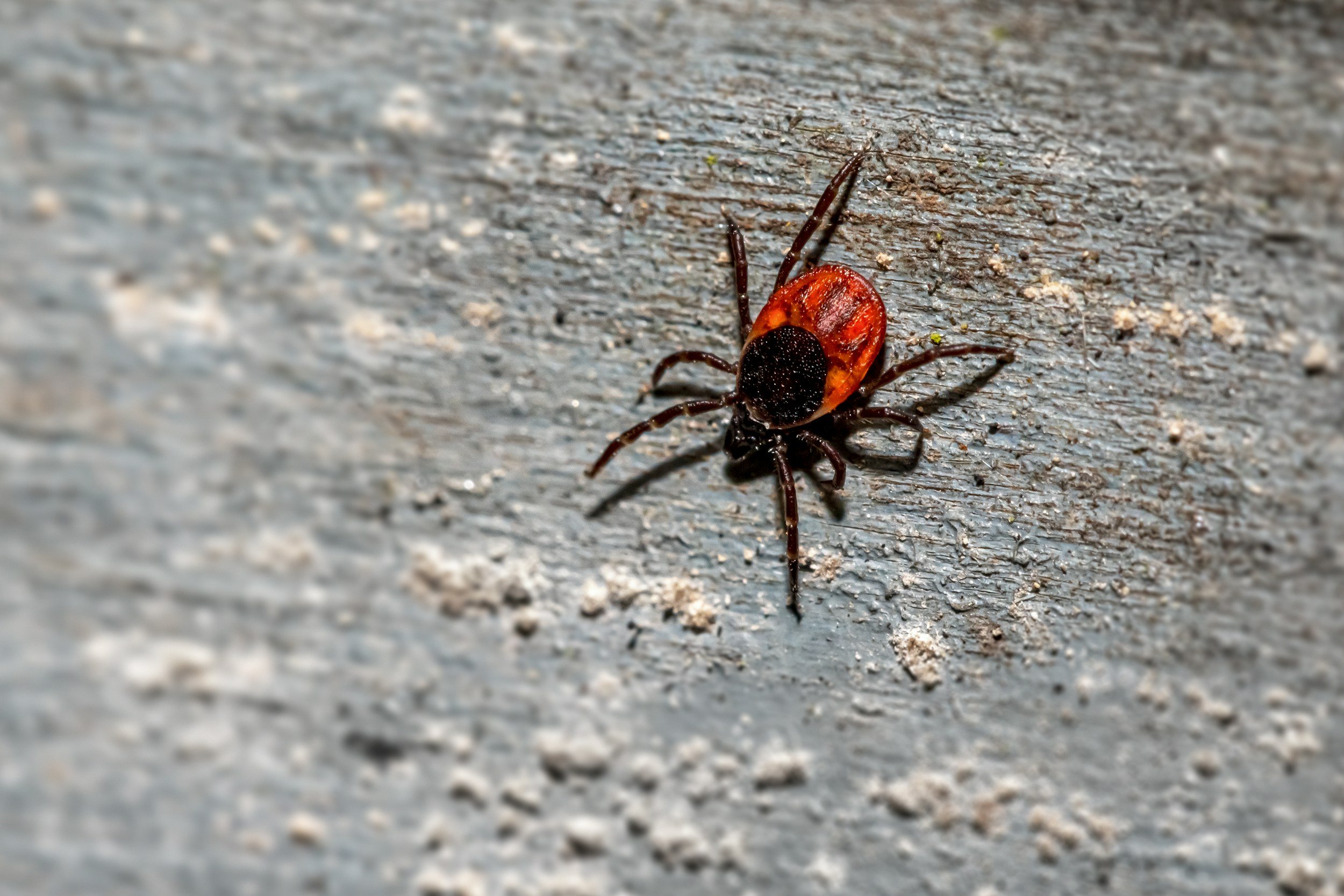
My Dog Tested Positive for Anaplasma—What Happens Next?
The first thing we do after a positive result is evaluate a complete blood count (CBC) and perform blood cytology. These tests allow us to check for changes in your dog’s blood cell levels and look for evidence of the bacteria inside the blood cells. If we see abnormalities or signs of infection, we begin treatment right away.

My Pet Tested Positive for Lyme Disease—Now What?
When your pet tests positive for Lyme disease, we follow up with a specialized blood test called the C6 antibody test, offered through IDEXX Laboratories. This test measures the level of antibodies against the Lyme-causing bacterium, Borrelia burgdorferi. A high C6 value typically indicates an active infection, and in these cases, we recommend starting treatment right away.

Valley Fever in Pets: What North Dakota Pet Owners Need to Know Before Traveling South
At Two Rivers Vet Hospital in Fargo, we occasionally diagnose a condition that doesn't originate in the Midwest—but it can still affect our patients: Valley Fever. If you and your pet travel to Arizona, New Mexico, Texas, or California, this blog is for you.

Anaplasmosis in Dogs: A Lesser-Known but Serious Tick-Borne Disease
You may have heard of Lyme disease, but there’s another tick-borne illness we see frequently in the Fargo-Moorhead area: Anaplasmosis. Caused by the bacterium Anaplasma phagocytophilum, this disease is carried by the same black-legged ticks that transmit Lyme—meaning your dog can be at risk for both. As your local veterinarian Fargo ND, we want you to be aware of the signs of this disease and how to protect your pet.

Lyme Disease in Dogs: What Every Pet Owner in Fargo Needs to Know
Lyme disease is one of the most common tick-borne illnesses in dogs, and it’s a growing concern in the Fargo-Moorhead area. As our climate changes and ticks expand their range, we’re seeing more cases of Lyme disease each year—sometimes in dogs that rarely leave the backyard.

Tick Talk: Why You Should Care About Tick-Borne Diseases in the Fargo-Moorhead Area
Ticks are blood-sucking parasites that thrive in tall grasses, wooded areas, and even well-manicured backyards. They’re most active from early spring through late fall, but mild winters have extended their season. As a vet clinic in Fargo ND, we diagnose tick-related illnesses every year—many of which are preventable.
